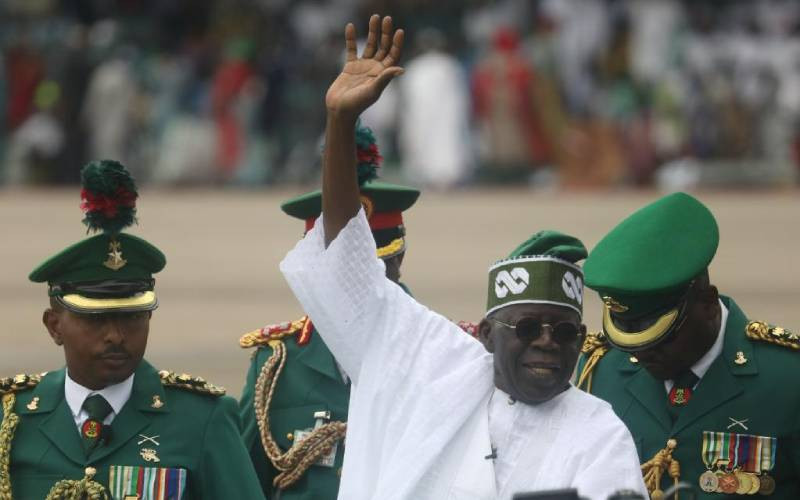×
The Standard e-Paper
Kenya’s Boldest Voice

Nigeria's new president, Bola Ahmed Tinubu, has promised to make security a top priority of his administration. In his inaugural speech, he promised, among other things, to provide security personnel with better training, equipment, pay and firepower.
The new president has read the mood in the country well. A recent survey showed that 77 per cent of Nigerians felt unsafe in their country.